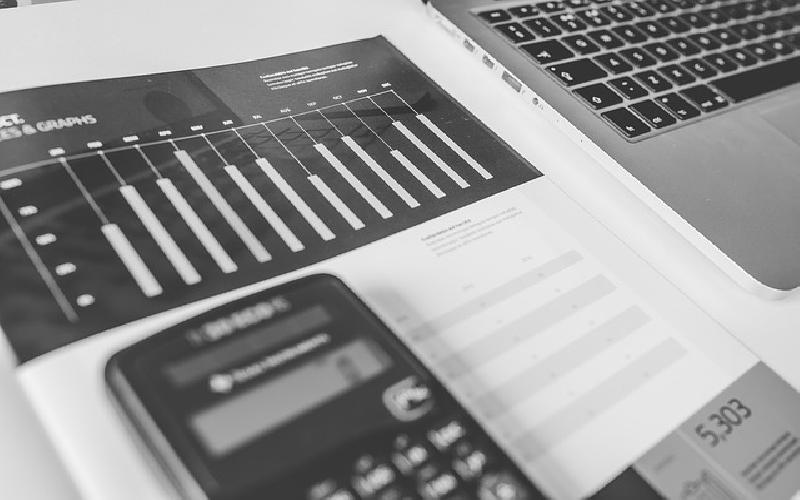Explain dual aspect accounting principle


Accounting calls for scientific approach towards the recording and preparing the reports of innumerable business transactions. There are various accounting conventions, principles and concepts that are meant to serve as guidelines to the whole process of accounting of a business entity. One of those is the dual aspect principle.
Accounting calls for scientific approach towards the recording and preparing the reports of innumerable business transactions. There are various accounting conventions, principles and concepts that are meant to serve as guidelines to the whole process of accounting of a business entity. One of those is the dual aspect principle.
The first book on double-entry accounting was published in 1494. The author of the book was an Italian friar, whose name was Luca Pacioli. He is regarded as the “Father of Accounting”. He described the use of Journals and Ledgers.
Accounting professionals, in public accounting, industry, and not-for-profit organizations and all other users who are in need of financial information are indebted to Luca Pacioli for his valuable and outstanding role in the field of accounting and the development of double entry system.
Every business is bound to have too many business transactions to be counted and each transaction has debit with its corresponding credit. That is to say, every business transaction has a dual aspect or two fold effect and the same business transaction is recorded in two separate accounts. One is the receiving aspect and the other is the giving aspect. The dual aspect causes to increase one account and decrease one or more other accounts by an equal amount. If both aspects are recorded, then only it is possible to recognize the double effect of a business transaction. According to this, if one account is debited, any other account must, in principle, be credited and vice versa. Having been classified mainly under three categories and related to dual aspect principle of accounting, the golden rules of accounting are:
Personal Accounting: Debit the reciever
Credit the Giver
Real Accounting: Debit what comes in
Credit what goes out
Nominal Accounting:
Debit all Expenses and Losses Credit all incomes and gains
This dual aspect is expressed in the form of a fundamental equation that holds always: Total Assets = Total Liabilities. Liabilities include Liability to owners of a business entity or shareholders and Liability to outside parties. It is due to the double effect of each and every business transaction that the name Double Entry System has come in to practice.
As and when they occur, the business transactions are recorded in Journal as the first phase. This process is known as journalizing. Subsequently comes the phase of ledger-posting: It is the process by which all the transactions are synthesized account-wise so that the accumulated balance of each of those accounts can be determined.
Assuming these to be the cases that may help to clarify: if X commences a business with Rs. 100,000. This economic event will be recorded at two places. Since business has received Rs. 100,000 in cash, which is included in Assets being debited, X will have a claim on the business for the same amount, Rs 100,000 will be taken in Liabilities - It is to be noted here that a business stands as a distinct entity separate from the owners or creditors. As such, the capital being contributed by the owner is treated as liability of the business entity. Similarly, in the case of sale, the two aspects are to be recorded accordingly, one account of cash or debtors is to be debited and other account of sales or goods is to be credited.
It is therefore owing to the dual aspect principle or double entry system of accounting that the equality of debits and credits is maintained and so it’s of assets and liabilities, while the Double-entry system is helpful to avoid mistakes enabling one to trace the source of each and every entry as and when required. Dual aspect Principle or Double entry system is the basis for a business to run with accuracy, efficiency and effectiveness and reliable financial information.
Entrepreneurship entails risks, but its advantages are far too enticing to ignore, both for the entrepreneur as well as for the society. Nothing creates personal wealth like entrepreneurship, and nothing helps the economy as it does.
The accounting equation aids the professionals greatly in making sure that the whole process is being done in an effective and efficient manner. Lets discuss in detail some other benefits of accounting equation. .
One of the underlying principles that help free markets in attaining efficiency in allocating resources among people is the principle of diminishing marginal utility. For most economic goods, the utility derived from the first unit of an economic good is more than the next.